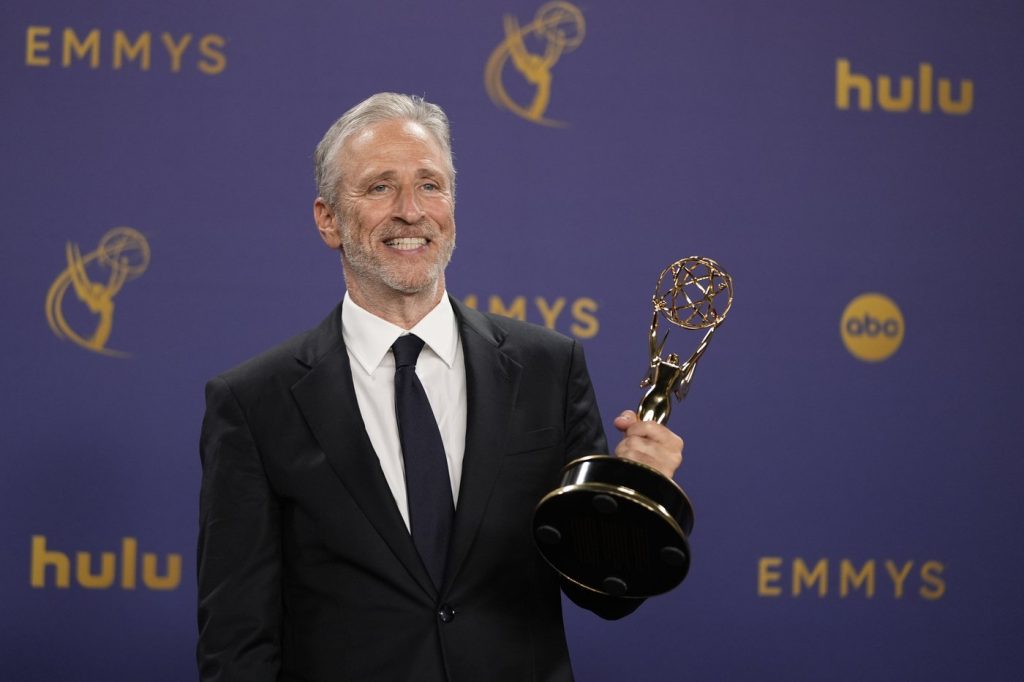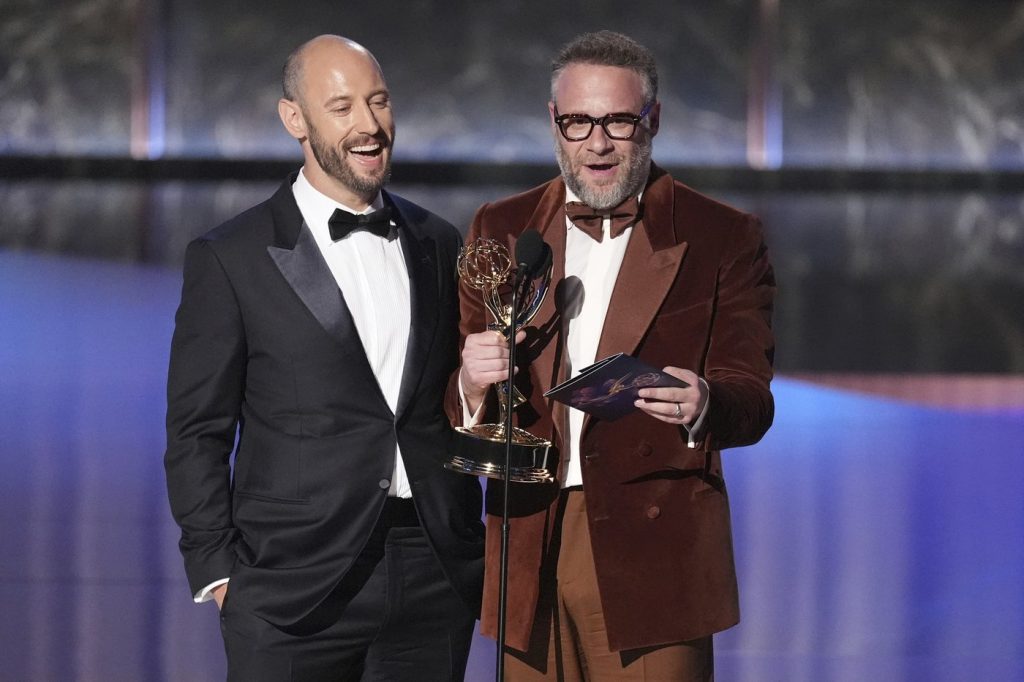ABC has suspended Jimmy Kimmel’s late-night show indefinitely, effective Wednesday, following controversial comments Kimmel made regarding the assassination of conservative figure Charlie Kirk. His remarks, which came during episodes of "Jimmy Kimmel Live!" on Monday and Tuesday, included statements suggesting that “many in MAGA land are working very hard to capitalize on the murder of Charlie Kirk.” This sparked backlash, culminating in a decision from Nexstar Communications Group to pull the show from its ABC-affiliated stations.
Nexstar, which runs 23 ABC affiliates, expressed that Kimmel's comments were both “offensive and insensitive at a critical time in our national political discourse.” As a result of this controversy, ABC acted quickly to suspend Kimmel's show, which has aired since 2003. Kimmel's contract with ABC is set to last until May 2026, but the network did not provide specific reasons for the show's suspension in its official statement.
Former President Donald Trump publicly praised ABC's decision through a post on Truth Social, claiming, “Congratulations to ABC for finally having the courage to do what had to be done.” He also criticized fellow late-night hosts Jimmy Fallon and Seth Meyers, referring to them as “two total losers” and implying they should also be canceled. Trump has frequently been a target of Kimmel's comedic commentary, and he previously expressed enthusiasm over CBS's decision to cancel another late-night host, Stephen Colbert.
In his monologue, Kimmel described the reaction to Kirk's death as a new low for the “MAGA gang,” who were apparently attempting to frame the situation to gain political advantage. He referred to Tyler Robinson, the alleged killer of Kirk, noting the stark contrasts in Robinson’s upbringing and recent political affiliations, which had shifted to the left. authorities have indicated that Robinson stated he targeted Kirk due to his perceived hatred.
Despite the tension surrounding these statements, there was little immediate response from Kimmel himself. An audience had gathered outside the theater where "Jimmy Kimmel Live!" tapes when they were informed the show was canceled at the last moment. One audience member, Tommy Williams, expressed confusion and concern over the abrupt cancellation, remarking that Kimmel’s comments about Kirk didn’t seem egregious enough to warrant such a drastic measure.
During his latest broadcasts, Kimmel pointedly criticized Trump’s response to Kirk’s death, suggesting it was immature and not reflective of adult grieving. He further ridiculed Vice President JD Vance’s guest hosting of Kirk’s podcast, implying inconsistency in the rhetoric coming from the political right. Kimmel also accused Trump of “fanning the flames” of division while questioning narrative inconsistencies within political discourse.
FCC Chairman Brendan Carr weighed in on Kimmel’s remarks, labeling them some of the “sickest conduct possible.” He hinted at the potential for a suspension, citing an alleged effort to mislead the public regarding the political affiliations of Kirk’s assassin. The conservative advocacy group Center for American Rights utilized Carr’s statements to file their complaint against ABC, alleging Kimmel acted with “reckless indifference” to factual truth. They requested the termination of Kimmel from the network or, failing that, the removal of ABC from the airwaves.
In response to the unfolding events, other political figures, including Vance, have urged citizens to report those mocking Kirk’s assassination, labeling it as part of a broader effort by the administration to monitor public discourse surrounding the event. This development follows a growing trend in which the political climate has intersected with media coverage, raising questions about free expression and editorial standards.
The suspension of Kimmel's show not only signifies the controversy surrounding the rhetoric of late-night hosts but also reflects the fragility of media relations amidst a polarized political landscape. Meanwhile, similar actions against other hosts have been noted, such as CBS’s recent cancellation of “The Late Show with Stephen Colbert,” leading to speculation about the intertwining of financial motivations and political biases within entertainment decisions.












